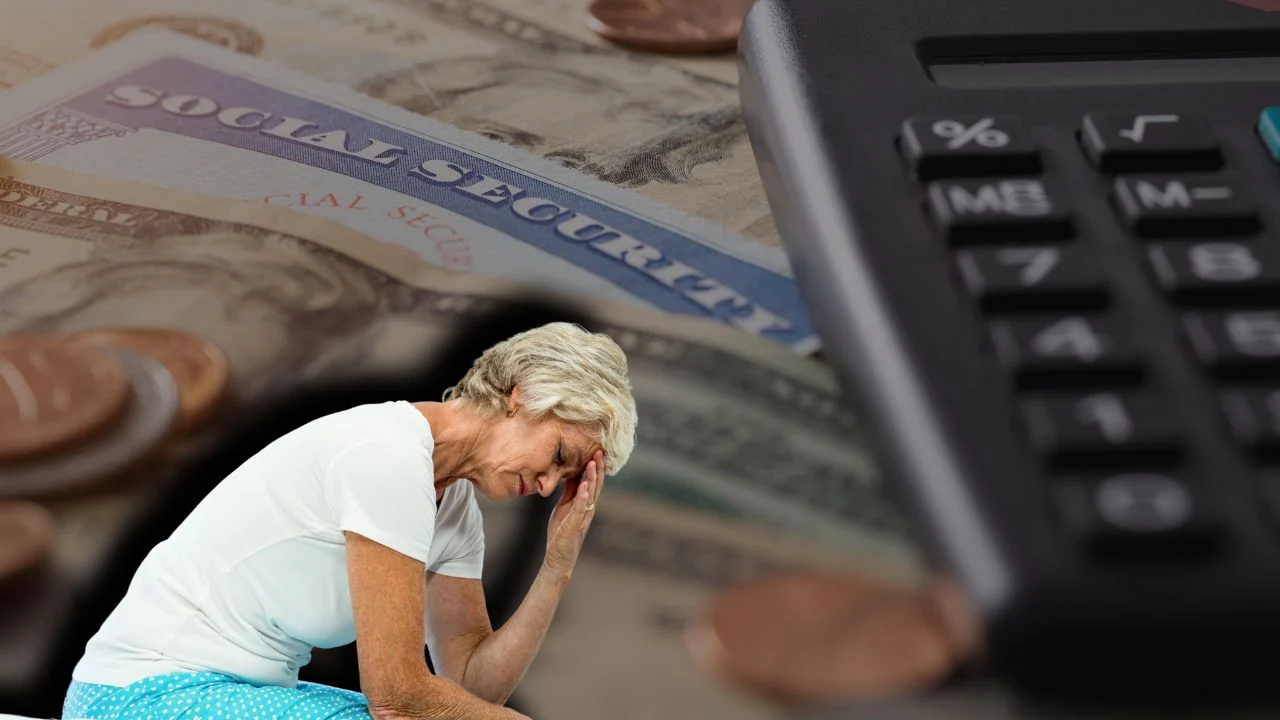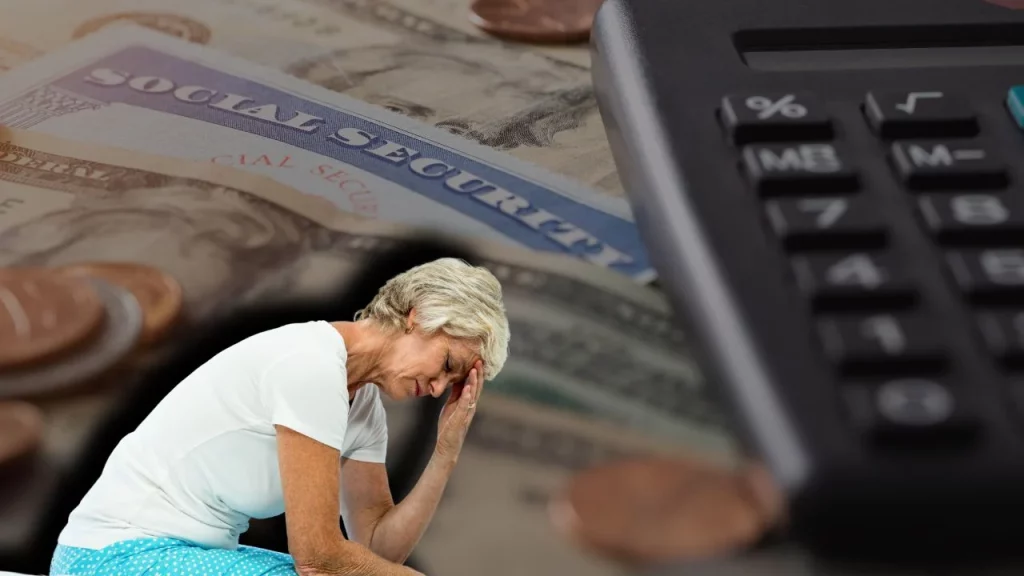For many Americans, Social Security benefits are a lifeline—helping cover rent, buy groceries, and afford medicine. But now, thousands are facing a disturbing surprise: letters from the Social Security Administration (SSA) demanding repayment of money they received, sometimes years ago, because of overpayments.
The total? A staggering $2.7 billion.
And the consequences? Potential loss of benefits, mounting stress, and growing confusion.
Why Are People Getting These Notices?
Social Security overpayments happen when someone gets more money than they were supposed to—often through no fault of their own. Maybe the agency missed a change in someone’s income, living situation, or disability status. In other cases, the person might have notified the SSA about a change, but the paperwork got lost in the system or wasn’t processed correctly.

Fast forward months or even years later, and now the government is knocking on the door asking for the money back. Sometimes it’s a few hundred dollars. In other cases, it’s tens of thousands.
Imagine opening a letter and reading that you owe $40,000—and you have 30 days to pay it back or your benefits will be stopped. That’s exactly what happened to a woman in Texas who spoke out after getting such a letter earlier this year.
What Changed? Why Now?
The SSA recently reinstated a program that had been paused since the start of the pandemic in 2020. Known as the Treasury Offset Program, it allows the government to recover debts by taking money from tax refunds or other federal payments.
In March 2025, the agency also brought back a stricter repayment policy: they can now withhold 100% of a person’s monthly Social Security check to collect what’s owed. Before this, they were only taking 10%.
The SSA says it needs to do this to protect the program’s integrity and make sure the right people are getting the right amount. But for those affected, it’s a harsh blow—especially since many had no idea they were overpaid in the first place.
Lawmakers Say Enough Is Enough
Lawmakers on both sides of the aisle are pushing for change. Senator Ruben Gallego of Arizona and Senator Bill Cassidy of Louisiana introduced the Social Security Overpayment Relief Act, which would stop the government from going after debts that are over 10 years old.
Their goal? To stop punishing people for mistakes they didn’t even know were made—especially when those mistakes come from the government’s side.
In Gallego’s words, “People shouldn’t be penalized for agency errors, especially when those errors are discovered years later.”
What Can You Do If You Get a Letter?
Getting one of these notices is scary, but you do have options:
-
Ask for a Waiver: If the overpayment wasn’t your fault and paying it back would cause financial hardship, you can ask the SSA to waive the repayment entirely.
-
Set Up a Payment Plan: You can negotiate to pay the money back over time in smaller amounts, rather than losing your entire monthly check.
-
Appeal the Decision: If you think the SSA made a mistake or the amount is wrong, you can file an appeal and explain your side.
It’s important not to ignore the letter. Reach out to the SSA right away, and don’t be afraid to ask for help. Nonprofit groups and legal aid organizations can also guide you through the process.
How to Protect Yourself Going Forward
No one wants to be in this position again. To avoid future overpayments:
-
Keep the SSA updated about changes in your income or living situation.
-
Double-check your benefit statements to make sure everything looks correct.
-
Ask questions if something seems off—don’t assume the agency always gets it right.
Bottom Line
The SSA’s push to collect $2.7 billion has left many people feeling blindsided and overwhelmed. While the agency says it’s just doing its job, critics argue that everyday Americans are paying the price for system errors and delays.
If you or someone you know is facing an overpayment notice, don’t panic—but don’t wait either. There are ways to challenge, reduce, or even eliminate what you owe.
But one thing is clear: the system needs fixing, and millions of vulnerable Americans are caught in the middle.



